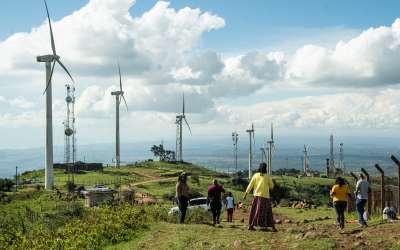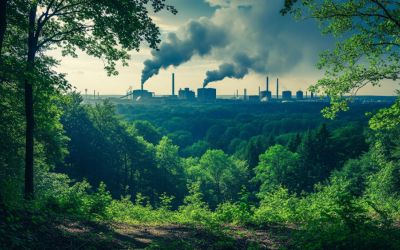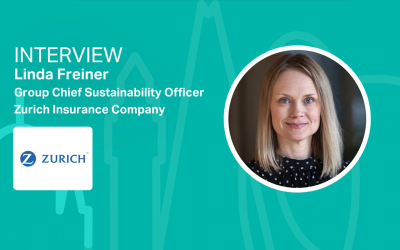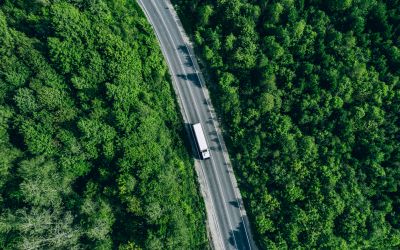Greenpeace campaign reduces Amazon deforestation by 86%
Amazon deforestation due to soy production has fallen 86 per cent in the last decade as a result of Greenpeace’s Soy Moratorium.
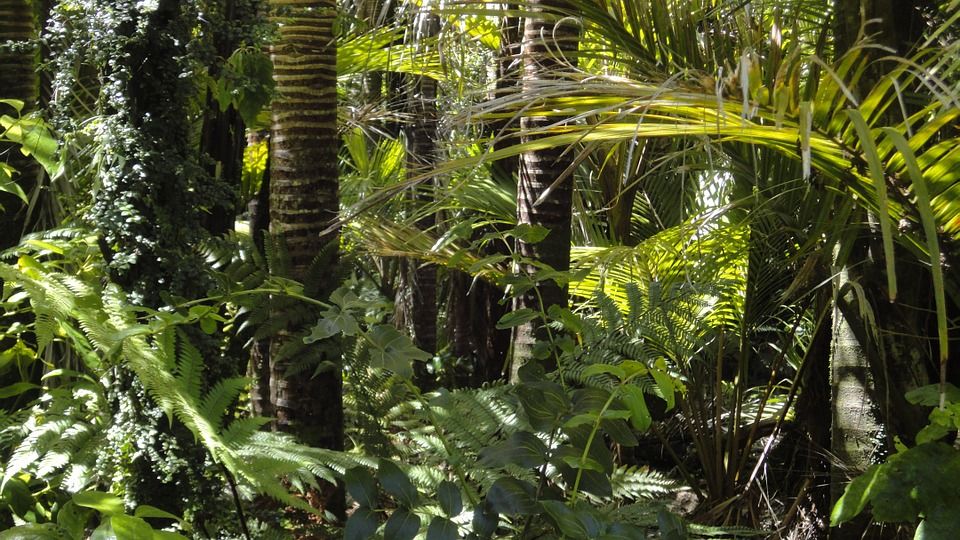
Amazon deforestation due to soy production has fallen 86 per cent in the last decade as a result of Greenpeace’s Soy Moratorium.
Greenpeace is a non-governmental environmental organisation founded in 1971 with the goal of “defend[ing] the natural world and promot[ing] peace by investigating, exposing and confronting environmental abuse, and championing environmentally responsible solutions.”
In 2005 the situation in the Brazilian Amazon was a cause for great concern, with the second highest rate of annual deforestation on record.
Apart from cattle ranching, rapid expansion of the soybean crop since the turn of the century had become the biggest threat to the rainforest and its inhabitants.
This global growing demand for soybeans was a result of its discovered use as cheap, protein-rich animal feed, but led to the rapid buying of rainforest land and the displacement of entire communities.
In April 2006, Greenpeace aimed to stop this alarming deforestation with the release of their ‘Eating Up the Amazon’ report, which exposed the links between deforestation in the Amazon, soy and meat.
To address the problem, Greenpeace proposed a moratorium on the purchase of soy that came from deforested areas, was associated with slave labour or encroached on indigenous lands.
The Moratorium was signed on 24th July 2006 by members of the ABIOVE (Brazilian Vegetable Oil Industry Association) and ANEC (National Association of Cereal Exporters), and received great support from consumer companies including McDonalds.
The commitment has been renewed annually since the cooperation of the Brazilian government in 2008 and was renewed indefinitely since May 2016.
Through satellite monitoring and aerial surveying, the moratorium vigilantly monitors 76 municipalities responsible for 98 per cent of the soy produced in the Amazon region.
Deforestation has fallen by 86 per cent in these areas since the Moratorium’s launch ten years ago.
As a result, despite Brazil’s soy production rising dramatically, only a bit more than one per cent of that soy is now being grown in newly deforested areas.
Paulo Adario, Senior Forests Strategy Advisor at Greenpeace International, wrote of the Moratorium’s success: “When civil society, private enterprise and governments come together to develop environmental solutions, the results can be remarkable. This industry agreement is the result of one of Greenpeace's most successful campaigns in Brazil and marked a turning point in the protection of the Amazon – showing that an end to deforestation is not only possible, but also extremely beneficial to the market.”

